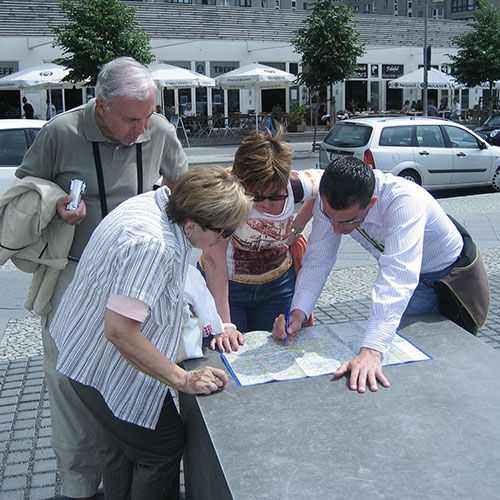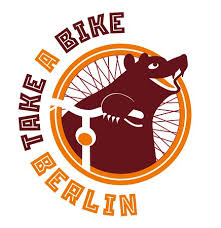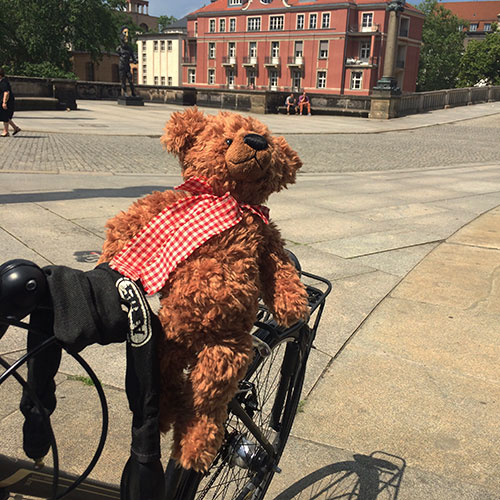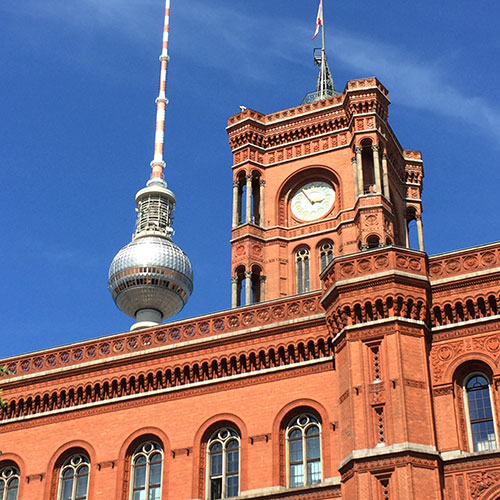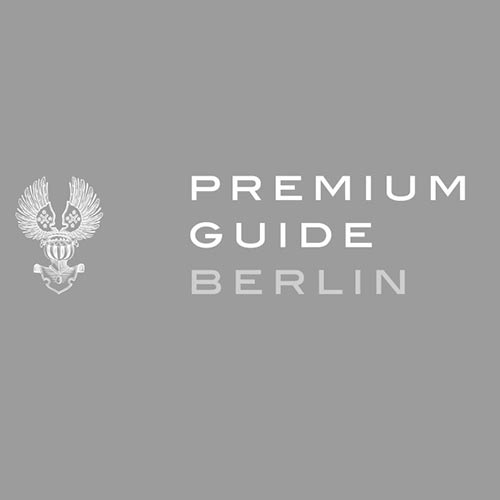Welcome to Berlin - Airports & transfers
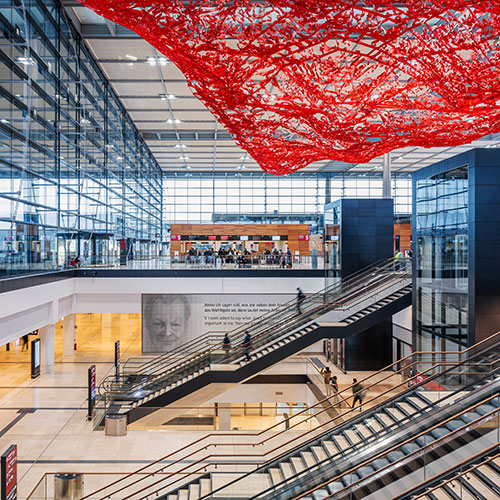
The new airport BER - Berlin Brandenburg Airport
After many years of delay, the new Berlin Brandenburg International Airport "Willy Brandt" (BER) opened its doors in November 2020 marking the end of the Tegel airport. The BER airport is located next to the old Schönefeld terminal (it still remains as a reserve depending on the development of air transport). To get to the city, numerous S-Bahn, regional and express train lines (FEX) leave from the underground station. For example, it takes 30 minutes to get to the main station with the RB14 or FEX. To get to Potsdam, count with 50-60 minutes (e.g. RB22 lines). You have to buy a ticket for the ABC zones and validate it. BVG timetables and fees.Photo: © Günter Wicker / Flughafen Berlin Brandenburg GmbH
Berlin Brandenburg Airport BER : ber.berlin-airport.de
The history of Berlin's airports
The city's oldest airport, built during the Third Reich, was until recently one of the largest buildings in the world. In 1948/49, the airport was used for the airlift during the blockade of Berlin by the Soviet army. The airport closed in 2008 and the future of the building remains open. With the opening of the new Berlin BER airport, Tegel airport has closed its doors. The buildings will be preserved and a whole new district will be developed step by step.More information about the future of Tegel : zukunft-berlintxl.de
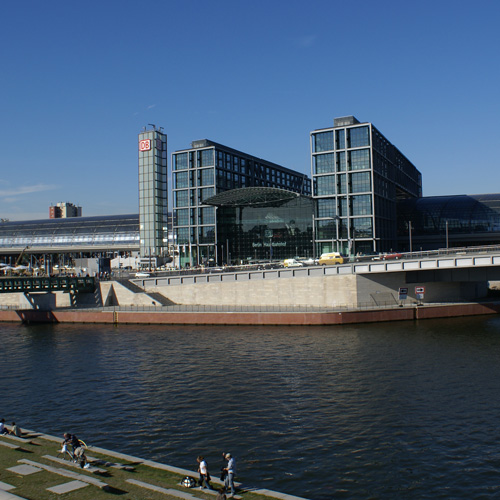
Travelling by train
The railway is a good alternative to air planes, not only because you can enjoy the view of the lovely German countryside while travelling. German and foreign railway companies regularly offer train tickets at special conditions and at interesting package prices. The major stations are Hauptbahnhof (central), Ostbahnhof Spandau and Südkreuz.Weblinks - Aviation
• www.lufthansa.com• www.airfrance.fr
• www.swiss.com
• www.britishairways.com
• www.americanairlines.de
Weblinks - By train
• www.bahn.de• www.sncf.com
• www.sbb.ch
• www.belgiantrain.be
• Berlin central station

